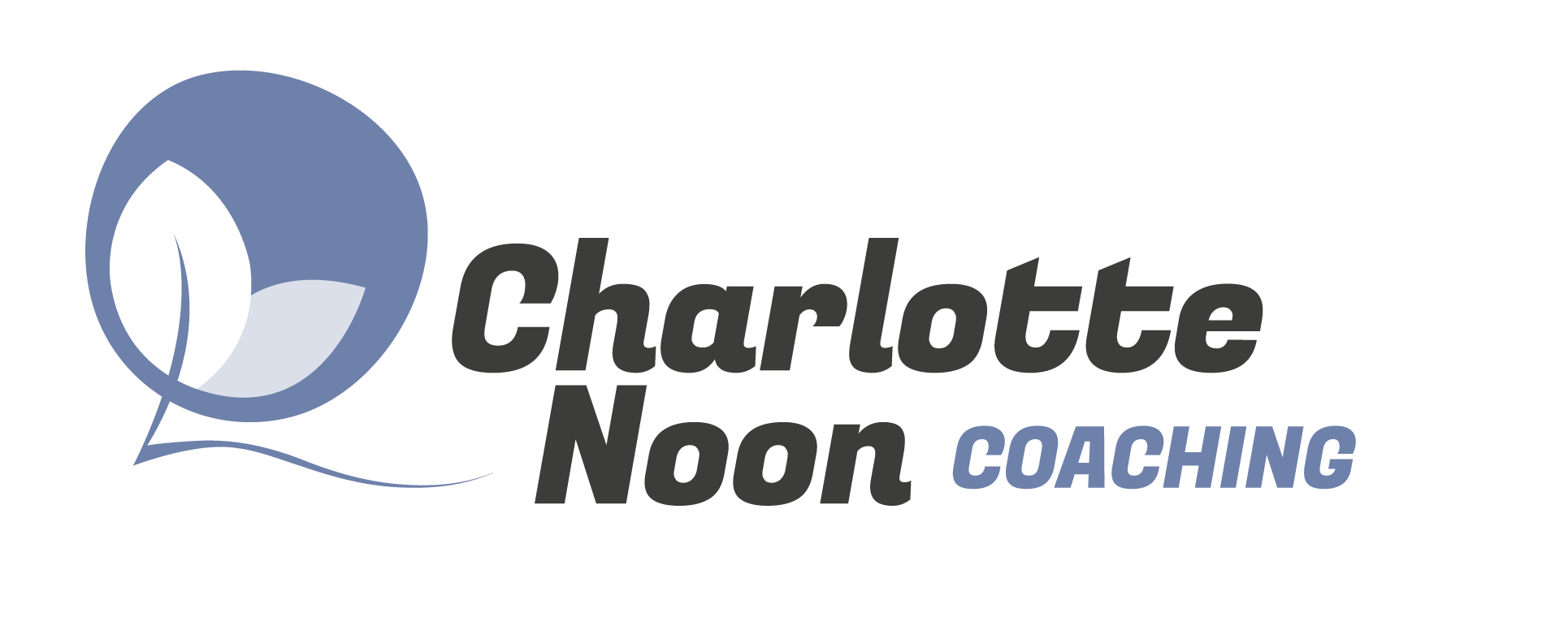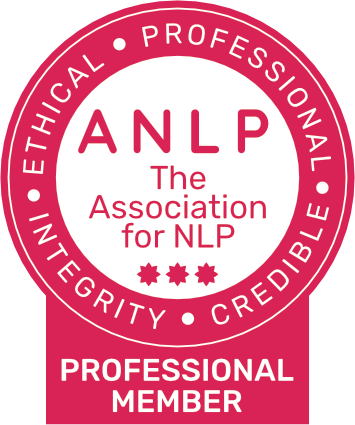Is ChatGPT a useful revision tool?

There’s no doubt about it – Artificial Intelligence will change education.
Some weeks ago, I set a student a standard GCSE question: write a description suggested by this picture (which was a sunset). The piece they handed in was rather good.
Did it include high level vocabulary? Tick.
Did it include a range of language features such as similes, personification and metaphors? Tick.
Did it contain a range of ambitious and accurate punctuation? Tick.
The student was honest. He told me that he’d popped it into ChatGPT and this had been the outcome. For obvious reasons, I couldn’t mark it as his own. But I was curious. And so (when I really ought to have been doing something else far less interesting), I spent a great deal of time playing with ChatGPT.
The results have been a mixed bag. It has definite limitations. However, when used in the right way, it can be used as an incredibly powerful revision tool.
1) Instant access to information
Pros:
One of the most significant advantages of Chat GPT is its ability to provide students with immediate access to a vast amount of information. Students can simply pose a question and it will generate a comprehensive response.
Whether students need help with a specific topic, require clarification on a concept, or need additional examples to solidify their understanding, Chat GPT can swiftly provide the information they need, making the learning process faster.
This information can then be transferred to revision cards and much time is saved.
Cons:
It may not provide ALL the information needed to answer and question and there is not guarantee that the information is factually correct. Arguably, published revision tools made specifically for the exam specification your teen is preparing for will provide much more reliable summaries.
2) Language and vocabulary development
Pros:
One of the things that my students often struggle most with is widening their vocabulary.
They are told to read. Most don’t read, and many have no intention of reading.
ChatGPT churns out model answers using a wide range of vocabulary. By reading these answers, students can significantly extend their vocabulary and learn how to use those new words in sentences which flow.
Cons:
Students might be tempted to “learn” a model response. This is never advisable. It is usually fairly easy to spot responses which have been pre-prepared (often because they are only tenuously linked to the question given!). Writing is an essential life skill and so learning a response to simply “pass” the exam totally defeats the object and can put students at a significant disadvantage.
3) Generating quotation banks for set texts
Pros:
When revising for GCSE English Literature, students need a good understanding of a text’s plot, characters, and historical context.
Chat GPT can provide concise summaries of literary works, giving students a quick overview of the key elements and can churn out lists of quotations to learn (often with appropriate analysis) for each character and theme.
Additionally, it can offer valuable insights into the historical, social, or cultural contexts that influenced the author and the text. By gaining this contextual knowledge, students will be better equipped to write well-rounded and insightful responses during exams.
Cons:
Whilst AI usually provides a good explanation of the key concepts and themes in each quotation, it does not necessarily analyse the quote in a way that matches the assessment criteria of each exam board.
It is so important that students understand how they are being assessed in exams in order to gain maximum marks. This is where teachers and tutors come in! AI cannot be relied upon to accurately create exam responses that will meet the marking criteria of a specific exam board.
(4) Planning essays
Pros:
This is perhaps where I have found this tool most useful. One of the areas students struggle with is planning an answer to an essay question. ChatGPT can provide a list of the key points. Students can then use these key points as a starting point to structure their own essays (bringing in their own choice of quotations and analysis to support each point).
The sentences in the essays generated by AI are written in a fairly sophisticated style, which can be useful for teens to practise using advanced vocabulary to express their opinions.
Cons:
As mentioned earlier, there are a myriad of published (and verified) revision resources out there that will summarise the key points for each character and theme.
In short, AI is a great additional revision tool, which can save students a lot of time in terms of condensing and organising their revision notes. It can help them to structure essays in a logical way, giving students clarity on the main points.
However, it does require students to pick through the information to decipher what is relevant and ensure that what they are writing meets the assessment criteria of their particular exam board. Picking out the relevant bits and making it their own can be invaluable revision in itself though!
Am I worried for my job? Not yet. AI is no substitute for the personalised and individual feedback that teachers and tutors can provide! I will be introducing it into my tuition sessions though as an additional tool.
If your teen would like weekly, individual feedback for English and Maths and guidance on how to achieve the highest grades on their specific specification, there are still a few spaces left for September on my mentoring programme www.charlottenooncoaching.co.uk/teens-at-school

